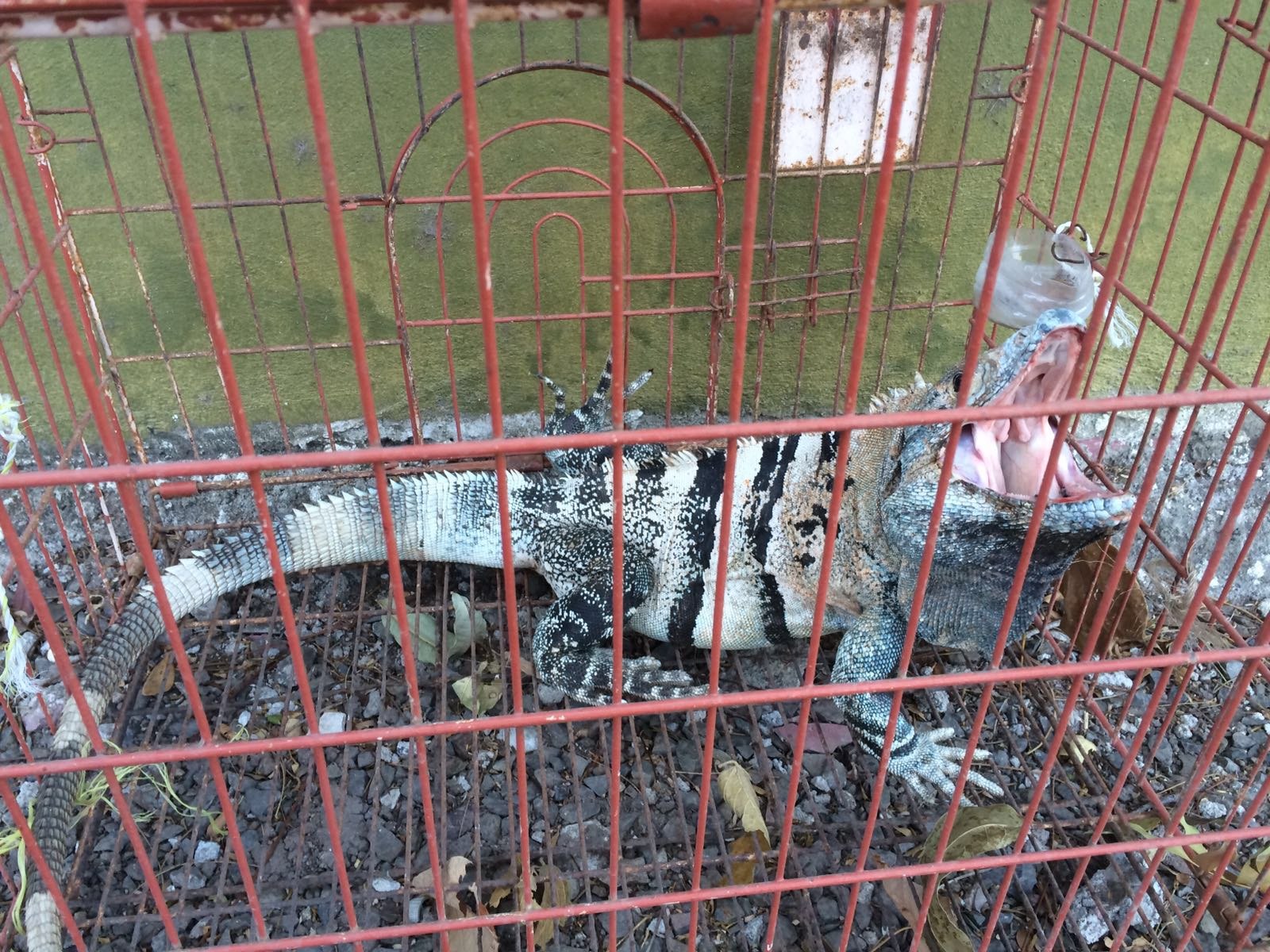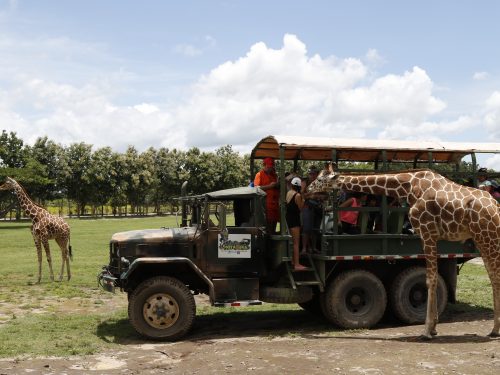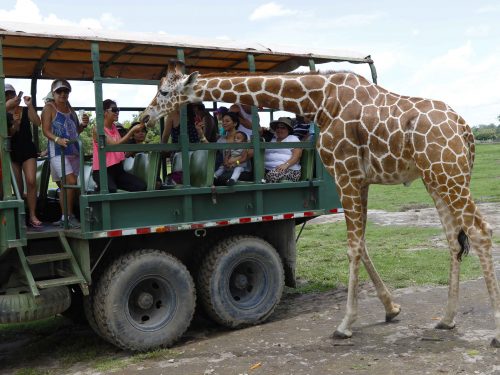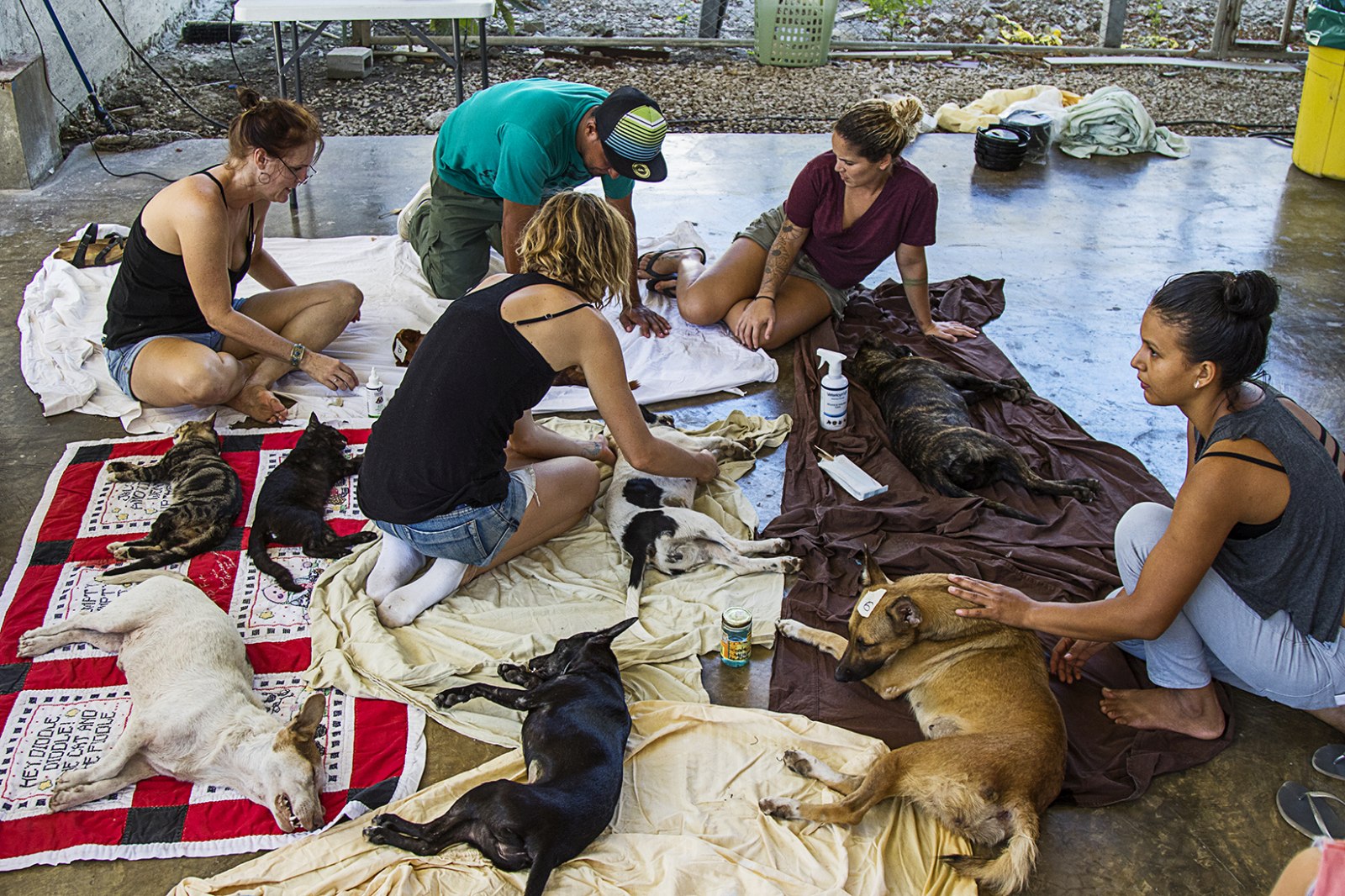
There are people who believe that having a wild animal in their home is “nice”— parents who consciously choose to give their children a blue macaw or a baby monkey because “the little one fell in love with the animal when he/she found it alone during a walk on the hill” or people who buy animals that are protected by law on the black market in order to get them out of there and give them a better life.
Love can be real, transparent and honest, but it can also be misguided. Love is distorted when we believe that we are helping that living creature by buying a caged animal or adopting a wild animal and keeping it at our house or property. We’re not helping. We are not giving love or a better life to that squirrel, monkey or porcupine. We are sentencing them to living very differently from the way they were created: to be free.
We are not loving; we are being selfish, and we are not understanding the way things are. This lack of understanding alone makes it possible for us to continue, in 2016, intending to catch animals to have them as trophies in our living rooms.
Perhaps they do so in good faith; perhaps people think they can take care of that animal and give it affection and protection, but that is where education must change. Animals have their space, their setting, and we as humans do not have the right to transform their habitat just for a matter of satisfaction.
This is where the “lack of understanding” blinds us and does not let us see that our love for animals is out of focus, since by enclosing animals, all we accomplish is causing them suffering because we are taking them out of their normal conditions.
On Sunday, February 21, officials from the Naranjo Sector of the National System of Conservation Areas and Santa Rosa National Park from the Guanacaste Conservation Area (ACG- Area de Conservacion Guanacaste) watched as people who entered the park to surf stole an iguana and put it in the car, wrapped in blankets.
During the months of high season, and especially during Easter week, in Costa Rica it is common to see an increase in parakeets being captured to keep as pets, even clipping their wings so they can’t fly away. Why does it give us pleasure to have an enclosed animal?
The answer might be because our society has taught us to humanize animals, believing that it is fun for a dog to give us his paw to shake, for a parakeet to tell us jokes and for a macaw to be the attraction for our friends.
The best sign that we really love animals is respecting them. It is respecting their living conditions, their environment, their space and not interfering or touching them.
During the entire month of February, The Voice of Guanacaste visited different animal rescue centers, and the first lesson we received is that wild animals need their independence and space. At each place, we saw for ourselves that the interaction of veterinarians and volunteers with wild animals is minimal, since their objective is to not interfere in the behavior of these species.
These veterinarians, many of whom are volunteers, who love these animals, sacrifice a good part of their lives in order to rescue them from animal abuse, confinement and violence. They are doing everything possible to even out the balance of nature so things are as they should be: so that wild animals are free. Help them in their mission and start today by taking your parrot or white-faced monkey to a rescue center or reporting those who enclose or abuse animals.
And during Easter week, when you are walking through a national park, only take good memories with you.







Comments